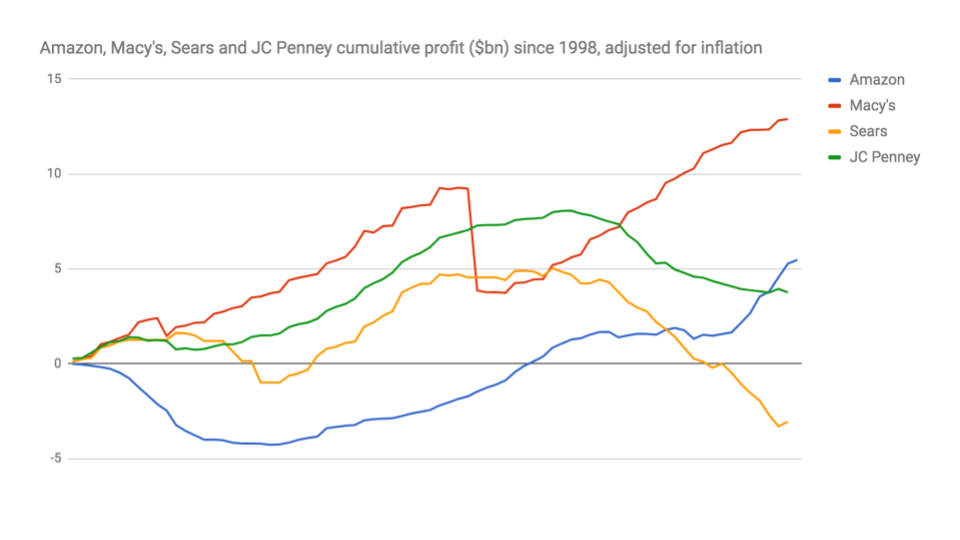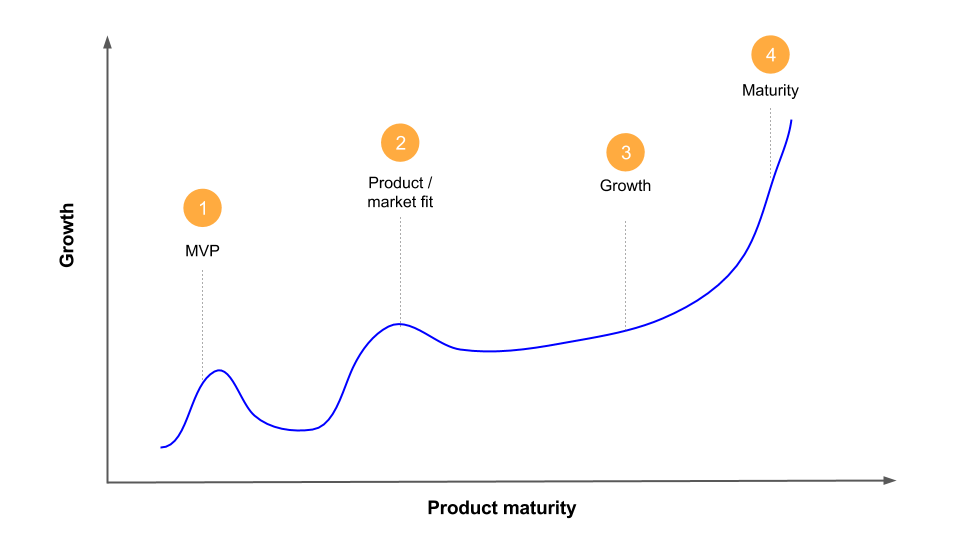How Mindfulness Alters the Emotional Patterns in Our Brain

"In my blog, I consistently deliver high-quality content across diverse topics such as money management, mental fitness, cultivating a strong mentality, fostering a positive mindset, and exploring the latest in technology. Through well-researched articles and insightful analysis, I aim to educate and inspire my audience

Ultimately, if a product is to succeed as a business it needs to prove it is a business.
And the only way to do this is to generate sufficient revenues to either pay the bills, pay investors or to incentivise investors to put more money into the business on the premise that revenues will ultimately one day increase to the point where the business becomes viable.
Having spent a few years working in the advertising industry where the monetization of everything is second nature, it’s often been fascinating to work with folks who not only struggle to think commercially but also actively avoid exploring ways to monetize products and generate revenue because doing so somehow makes them a bad person who is fixated on cash.
The word monetization sounds dirty, doesn’t it? It sounds like you’re planning to exploit your product’s users in some way to dupe them into paying for something they don’t want in order to generate cold, hard, evil cash.
The same thoughts appear when you ask someone to think of salespeople, selling – or the opportunity to pursue a career in sales. The thoughts that spring to mind are of somehow being tricked into buying something you don’t want.
Sales is dirty.
Money is dirty.
‘Monetization’ is very dirty.
Sure, there are plenty of examples of where companies have gone too far in monetizing their product, invading users privacy and destroying the user experience, but that’s monetization and sales done badly.
Monetization is the process of deriving revenue from the value you offer to your users.
Your product – if it’s a product worth using – is delivering meaningful value to its users in some way. It’s only natural therefore that you can expect to receive something in return – including revenue. This revenue may or may not come from your users but it’s fair to suggest that in exchange for the value you offer and deliver to your customers, you can expect to be able to derive some form of remuneration from somewhere in return.
The difference between revenue and profit

For over a decade, Amazon didn’t make a profit. It’s primary focus is – and arguably always will be – to provide extreme value for its customers. How? By offering the cheapest possible price on the goods it sells by cutting costs and ploughing money back into the business to drive efficiencies where possible.
Amazon could sit pretty on top of a huge cash pile but instead chooses to enhance its value proposition by offering cheaper prices through razor thin margins and loss leaders.
It’s large enough to experiment with new loss-making product ideas (Kindle Fire Phone, anyone?), put competitors out of business and branch out into web services because its commitment to delivering value through its core business and not chasing profits is what continues to underpin its success.
Some products will have monetization mechanisms baked into their model from day 1. Others will need to achieve scale before they have a solid platform which can be monetized later.
Indeed, it’s arguable that too much focus on monetization in the early stages of your startup could inhibit growth. Would you have an Instagram account if you had to pay £5 a month for it? Would you ever have tried Spotify if the only option was to pay $9.99 a month?

Your monetization strategy is linked to the stage of your product’s lifecycle / business.
Some startups won’t focus on monetization at all. Instead, they may be acquired purely on the basis of the technology they’ve built or the talent they’ve recruited.
If you’re a startup and you know upfront that you’re not seeking to generate meaningful revenues until you have reached X number of users, make this decision clear and set your investment / growth goals based upon this.
Even if you don’t have revenue generation baked into your product from day 1, it’s still worth considering what your revenue streams might be in the future. If there is a no potential path to monetization in the future this can be problem for your product and for your business.
Comments